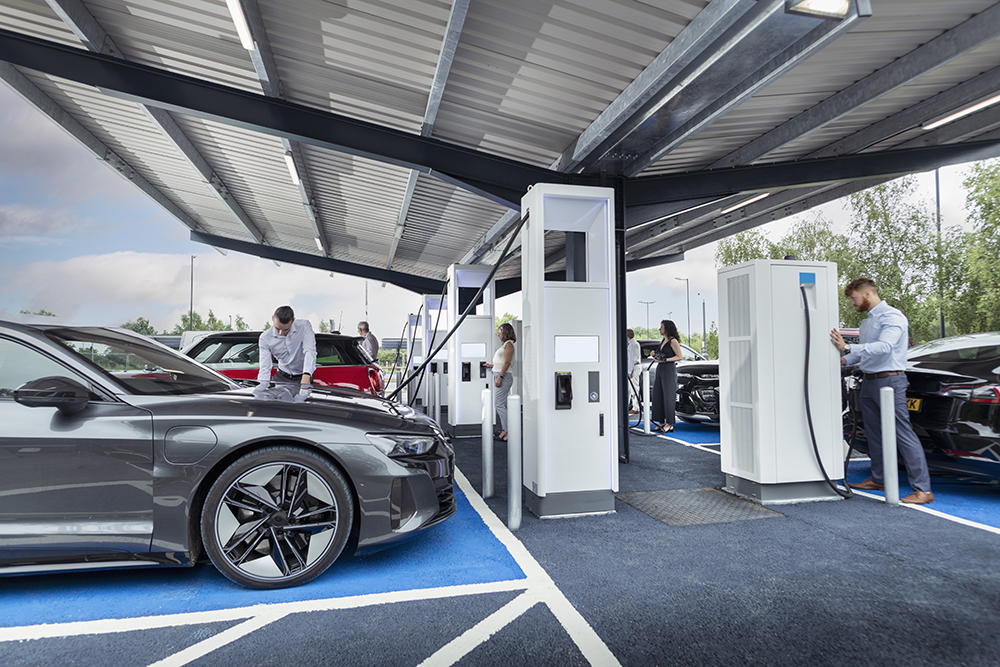New Jersey’s Division of Rate Counsel, a state agency charged with representing the interests of ratepayers in dealing with regulated utilities, is seeking to block two companies from spending hundreds of millions of ratepayer dollars on EV infrastructure projects.
In separate filings with the New Jersey Board of Public Utilities, Division Director Stefanie Brand is asking the agency to dismiss proposals by Public Service Electric & Gas and Atlantic City Electric to invest $364 million and $42 million to build out charging infrastructure in their respective territories.
“There is no legal authority for what [the utilities] are asking,’’ Brand told NJ Spotlight. “Other than tapping a special clean energy fund for ‘rebates to help motorists buy electric vehicles,’ the PIV Act does not authorize or direct the [Board of Public Utilities] to allow the investment of any ratepayer funds on its implementation.”
The agency’s could set the stage for a conflict with Governor Phil Murphy and state legislators, which recently passed a package of pro-EV measures, including several EVSE-related mandates.
The disagreement is not over whether the infrastructure should be built, but over how it should be financed, and the debate was ongoing during the time the pro-EV bills (Assembly Bill 4819 and Senate Bill 2252) made their way through the Legislature.
The question of what role utilities should play in building out charging infrastructure has also surfaced in other states. In 2016, the California Public Utilities Commission (CPUC) put the brakes on Pacific Gas & Electric’s plans to build 25,100 charging stations using $654 million in ratepayer dollars. California now has a law that’s designed to requires utilities to invest in EV charging infrastructure in a way that leverages private-sector funding, protects competition and allows consumers choices.
The argument against ratepayer-financed EVSE projects of this kind is that utilities are using ratepayer money to unfairly compete with private-sector charging operators. “PSE&G’s program would use ratepayer funds to allow PSE&G to undercut competitors, eliminating their ability to provide those services at competitive prices without ratepayer funding,’’ reads the Rate Counsel’s filing.
The two New Jersey utilities pushed back against the Rate Counsel’s challenge. Atlantic City Electric says it is confident “that the EV programs we have proposed are entirely consistent with the legislation signed into law earlier this year and are critical to helping New Jersey meeting its environmental goals.’’
A PSE&G spokesman said, “Rather than undermining competing EV service providers, PSE&G is seeking to be the charging provider of last resort to ensure that markets underserved by private providers, like low-income communities, have access to EV charging.”
Source: NJ Spotlight









































































































